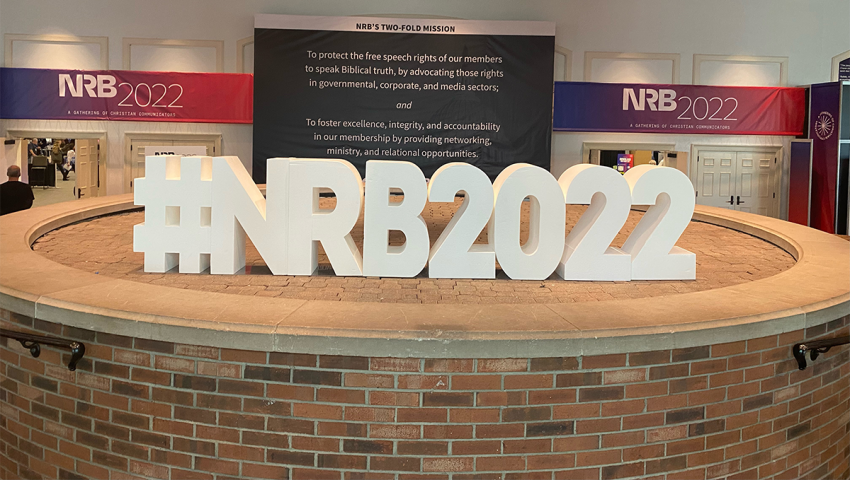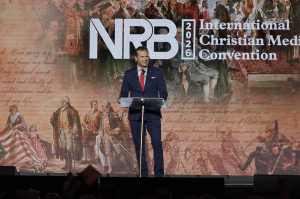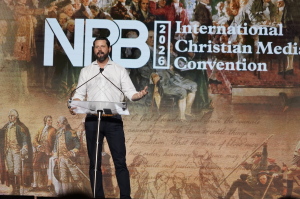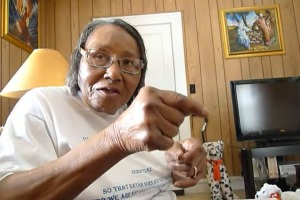NRB passes resolution denouncing ‘critical theory,’ labels it ‘anti-Christian’

The National Religious Broadcasters Board of Directors has unanimously approved a resolution that denounces critical theory, claiming that it advances “anti-Christian” ideals.
NRB, a trade association representing many conservative-leaning Christian media organizations, approved multiple resolutions on Tuesday during its annual convention. One resolution is titled “Opposing Critical Theory and Anti-Christian Ideology.”
A copy of the resolution was emailed to The Christian Post.
“Critical theory places culpability for human suffering at the feet of anyone who thrives within, benefits from, or upholds an authority structure subjectively deemed corrupt by the secular culture, including God-given institutions such as the church, traditional family, and much more,” the resolution states.
“Critical theory advances the erosion of shared history and values, the yielding of human agency to tyranny, the supremacy of mob rule, and the deterioration of family and community bonds, producing great human suffering and alienation from truth.”
The resolution further states that, as Christians, they “embrace our citizenship in God’s kingdom and reject false promises of secular utopia.”
“As Americans, we inherit founding principles (equality of mankind, God-given rights, and self-government) that point to worthy and Biblical ideals for an orderly society, and we endeavor to advance these cherished promises for all,” the resolution continued.
“NRB urges Christian leaders to reject anti-Christian cultural systems that hold out salvation apart from Christ, oppose the influence of critical theory in education, academia, Christian ministry, and Bible teaching, and faithfully apply historic truths of Scripture to contemporary cultural issues.”
Encyclopedia Britannica defines critical theory as a “Marxist-inspired movement in social and political philosophy originally associated with the work of the Frankfurt School.”
“Drawing particularly on the thought of Karl Marx and Sigmund Freud, critical theorists maintain that a primary goal of philosophy is to understand and to help overcome the social structures through which people are dominated and oppressed,” Britannica’s website explains.
Over the past couple of years, there has been increased attention and debate in the United States over critical race theory, a polarizing school of thought that contends that American society suffers from systemic racism.
Tracing its origins to the 1970s, the theory first emerged in law schools as an effort to explain the apparent decline of gains made by the Civil Rights Movement during the 1960s.
According to Richard Delgado and Jean Stefancic’s 2001 book, Critical Race Theory: An Introduction, CRT is comprised of “activists and scholars interested in studying and transforming the relationship among race, racism, and power.”
“The movement considers many of the same issues that conventional civil rights and ethnic studies discourses take up, but places them in a broader perspective that includes economics, history, context, group- and self-interest, and even feelings and the unconscious,” wrote Delgado and Stefancic.
“Unlike traditional civil rights, which embraces incrementalism and step-by-step progress, critical race theory questions the very foundations of the liberal order, including equality theory, legal reasoning, Enlightenment rationalism, and neutral principles of constitutional law.”
CRT proponents have drawn inspiration from left-wing movements, including Marxism, feminism and postmodernism. However, they have also been known to critique such approaches as well.
The CRT movement also has a history of supporting hate speech laws and college speech codes, which have often been struck down by the courts because they violate the First Amendment.
While proponents have argued that CRT is necessary to better combat systemic racism and promote diversity, conservatives have argued that CRT wrongfully vilifies the U.S. and is in itself racially divisive.
In 2020, the Council of Seminary Presidents of the Southern Baptist Convention released a statement condemning both racism and CRT as incompatible with the Baptist Faith & Message.
The council’s statement came the year after the Southern Baptist messengers approved a resolution at the denomination’s annual meeting in 2019, stating that “Evangelical scholars who affirm the authority and sufficiency of Scripture have employed selective insights from critical race theory and intersectionality to understand multifaceted social dynamics.”
Other resolutions approved by NRB this week include one opposing “de-platforming” based on religious viewpoints, another urging member of Congress to protect the freedom of religious nonprofits, another opposing the Equality Act, and a resolution affirming the right to life, among others.



























